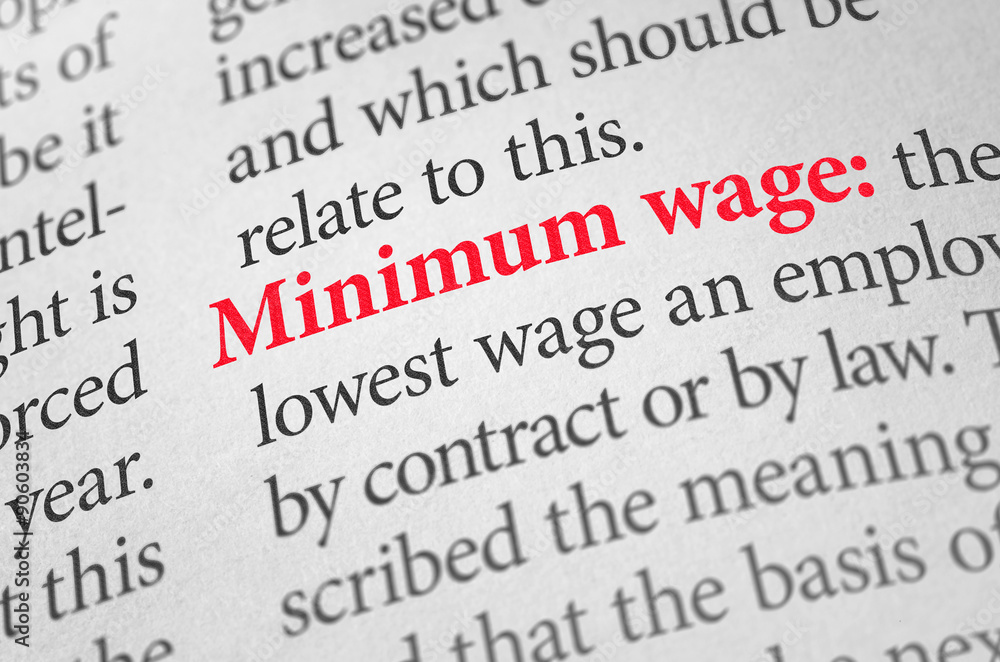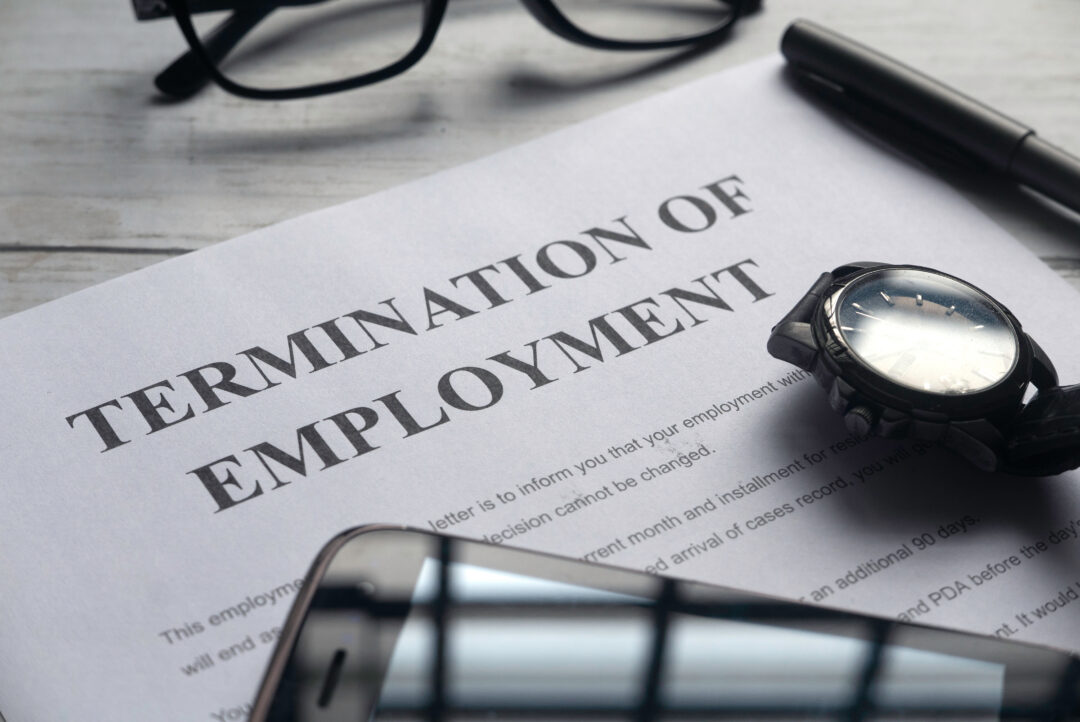- 30 Nov 2021
- •
- 2 min read
Employment Alert – Deductions take salary below the National Minimum Wage

Deductions take salary below the National Minimum Wage
What’s happening?
In the recent case of Augustine v Data Cars Ltd, the Employment Appeal Tribunal has found that the expenses of ‘car rental payments’ and ‘uniform costs’ were considered ‘in connection with the employee’s employment’. In view of this, it was unlawful to deduct these from the worker’s pay. This was because the deductions took the worker’s pay below the national minimum wage hourly rate.
It is worth noting here that this was found to be the case even though the employee could have used his own car – and so, in theory, he was not necessarily required to rent the car from his employer.
Why is this important?
Employers must ensure that all workers are paid an hourly rate at least equal to the national minimum wage. As a result, it is wise for an employer to check the legal status of any deductions before applying them to the worker’s pay. If any deductions are ‘in connection with the worker’s employment’, the employer should calculate the net effect on pay to ensure the hourly rate stays above the legal line.
Employers who fail to pay the National Minimum Wage can be required to pay back any shortfall in wages and may also face financial penalties of up to £20,000 per worker. In addition, they will be ‘named and shamed’ by HMRC which is unwelcome media coverage in an environment where good staff are hard to find.
What should you do?
1. Consider completing a National Minimum Wage audit to ensure that you are paying your workers at the right level, including:
• Carrying out a review of workers’ wages for those workers who are paid at or close to the national minimum wage; and
• Where you are making deductions, ensure you understand what is and is not a lawful deduction from pay for national minimum wage purposes.
2. If you become aware of any potential breaches, take advice as quickly as possible to understand how you can rectify the issues minimise your exposure to a claim.
If you need more information please contact us on 0800 2800 421 or email [email protected] to find out how we can help.





